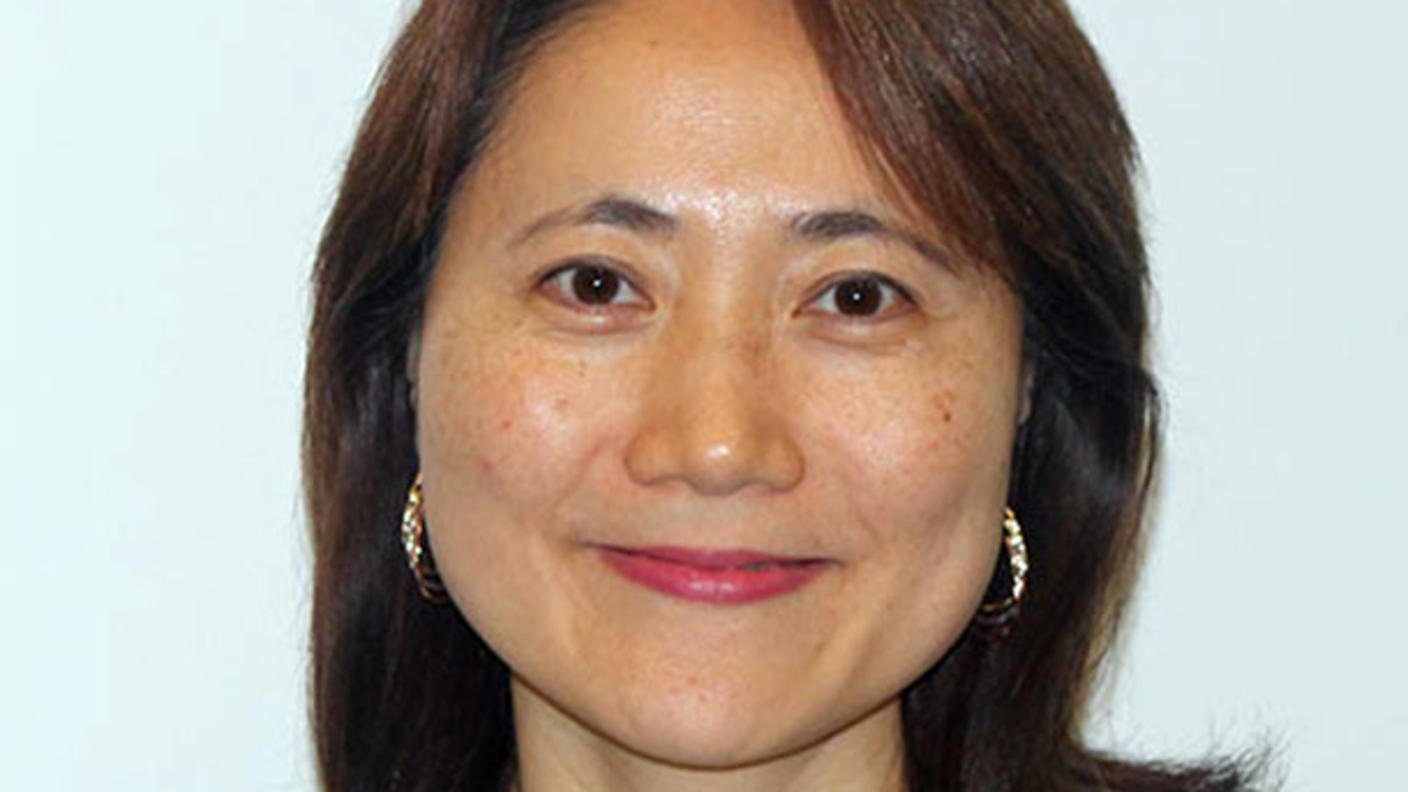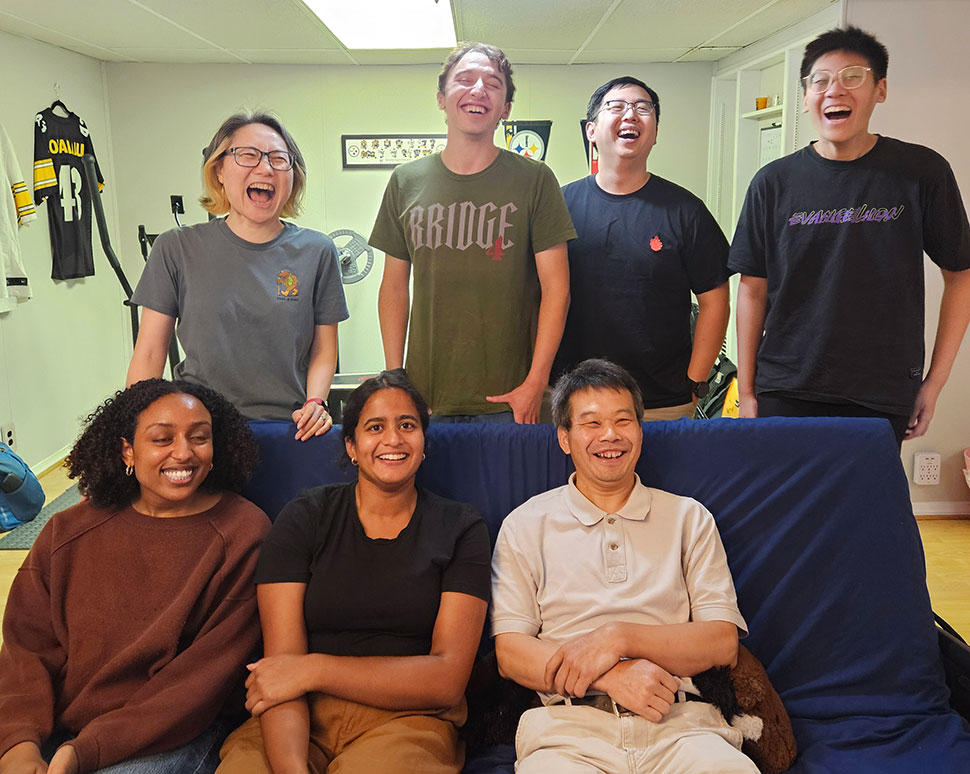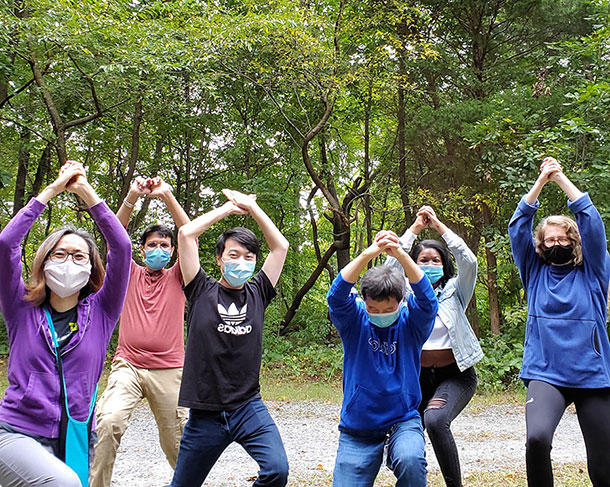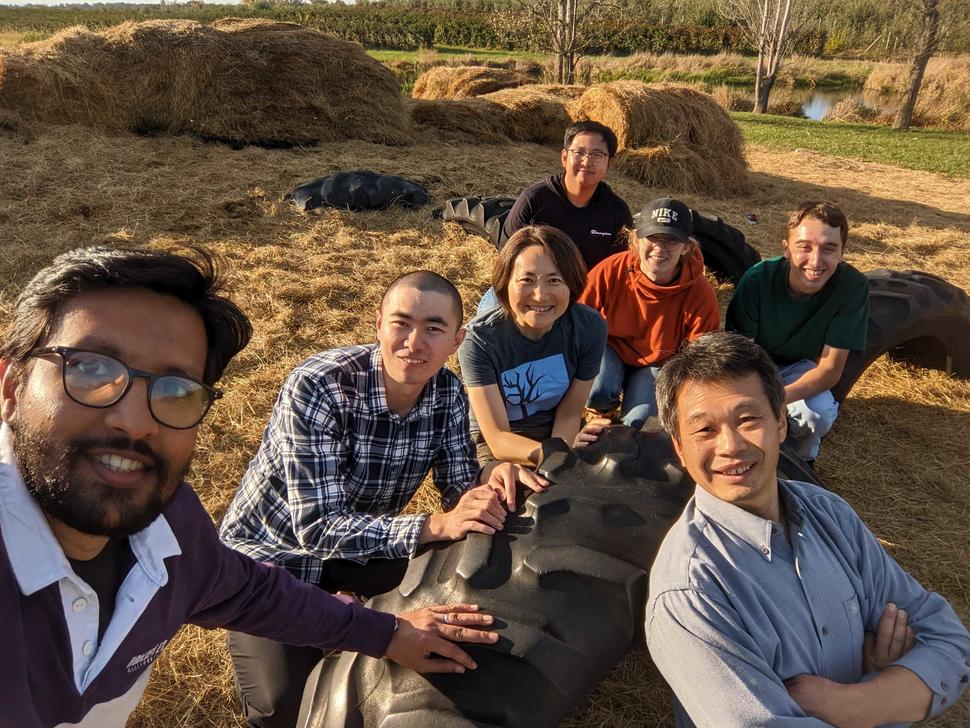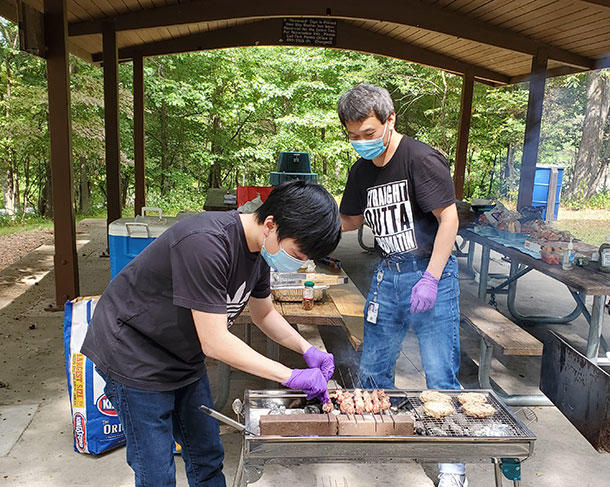Research Focus
Dr. Jiyeon Choi’s lab explores genetic factors driving lung cancer susceptibility in both smokers and never-smokers. The team integrates both experimental and analytical methods to study genetic variants identified through genome-wide association studies (GWAS) of lung cancer across diverse populations. To understand how these genetic variants influence lung cancer development the team employs functional genomics approaches such as single-cell transcriptomic and epigenomic profiling, and chromatin interaction analyses. Team members also investigate the roles of environmental factors, such as carcinogen exposure, in tumorigenesis involving lung cancer susceptibility genes. The lab develops lung tissue expression quantitative trait loci (eQTL) datasets to analyze how susceptibility genes function across different cellular and population contexts.
Read Dr. Choi's comments in the blog post "Examining Genetic Influences on Lung Cancer," part of the I AM INTRAMURAL Blog.
Choi Lab Members
The team is made up of fellows and staff from diverse backgrounds and experience encompassing experimental and computational specialties. Lab members closely collaborate with each other as well as members of LTG and outside collaborators. Fellows of all stages have opportunities to be trained and mentored within the lab and through the collegial environment at LTG while striving to achieve their research goals.
Current Fellows
Bolun Li, M.D., Ph.D., Postdoctoral Fellow
Thong Luong, Ph.D., Postdoctoral Fellow
Life in the Lab
Labs are all about collaboration. Working together, the team keeps science moving forward, utilizing new tools and approaches.
Choi Lab Alumni
Postdoctoral Fellows
- Erping Long, M.D., Ph.D. (Currently an Assistant Professor at Peking Union Medical College in China)
- Harsh Patel, Ph.D. (Currently a Fellow at U.S. Food and Drug Administration)
Postbaccalaureate Fellows
- James Feng, B.S. (Currently in M.D. program at Dartmouth College)
- Karen Funderburk, M.S. (Currently a Data Scientist at the U.S. Department of Defense)
- Alyxandra Golden (Currently in M.D./Ph.D. program at University of Iowa)
- Alexander Kane, B.A. (Currently in M.D. program at University of Iowa)
- Michelle Antony, B.S. (Currently in M.D. program at University of Pittsburgh)
Publications
See All Scientific Publications
Selected Recent Publications
Long E, Yin J, Shin JH, et al. Context-aware single-cell multiomics approach identifies cell-type-specific lung cancer susceptibility genes. Nature Commun, 2024.
Long E, Patel H, Golden A, et al. High-throughput characterization of functional variants highlights heterogeneity and polygenicity underlying lung cancer susceptibility. Am J Hum Genet, 2024.
Shi J, Shiraishi K, Choi J, et al. Genome-wide association study of lung adenocarcinoma in East Asia and comparison with a European population. Nature Commun, 2023.
Long E, Yin J, Funderburk KM, et al. Massively parallel reporter assays and variant scoring identified functional variants and target genes for melanoma loci and highlighted cell-type specificity. Am J Hum Genet, 2022.
Byun J, Han Y, Li Y, et al. Cross-ancestry genome-wide meta-analysis of 61,047 cases and 947,237 controls identifies new susceptibility loci contributing to lung cancer. Nat Genet, 2022.
Long E, Garcia-Closas M, Chanock SJ, et al. The case for increasing diversity in tissue-based functional genomics datasets to understand human disease susceptibility. Nat Commun, 2022.
